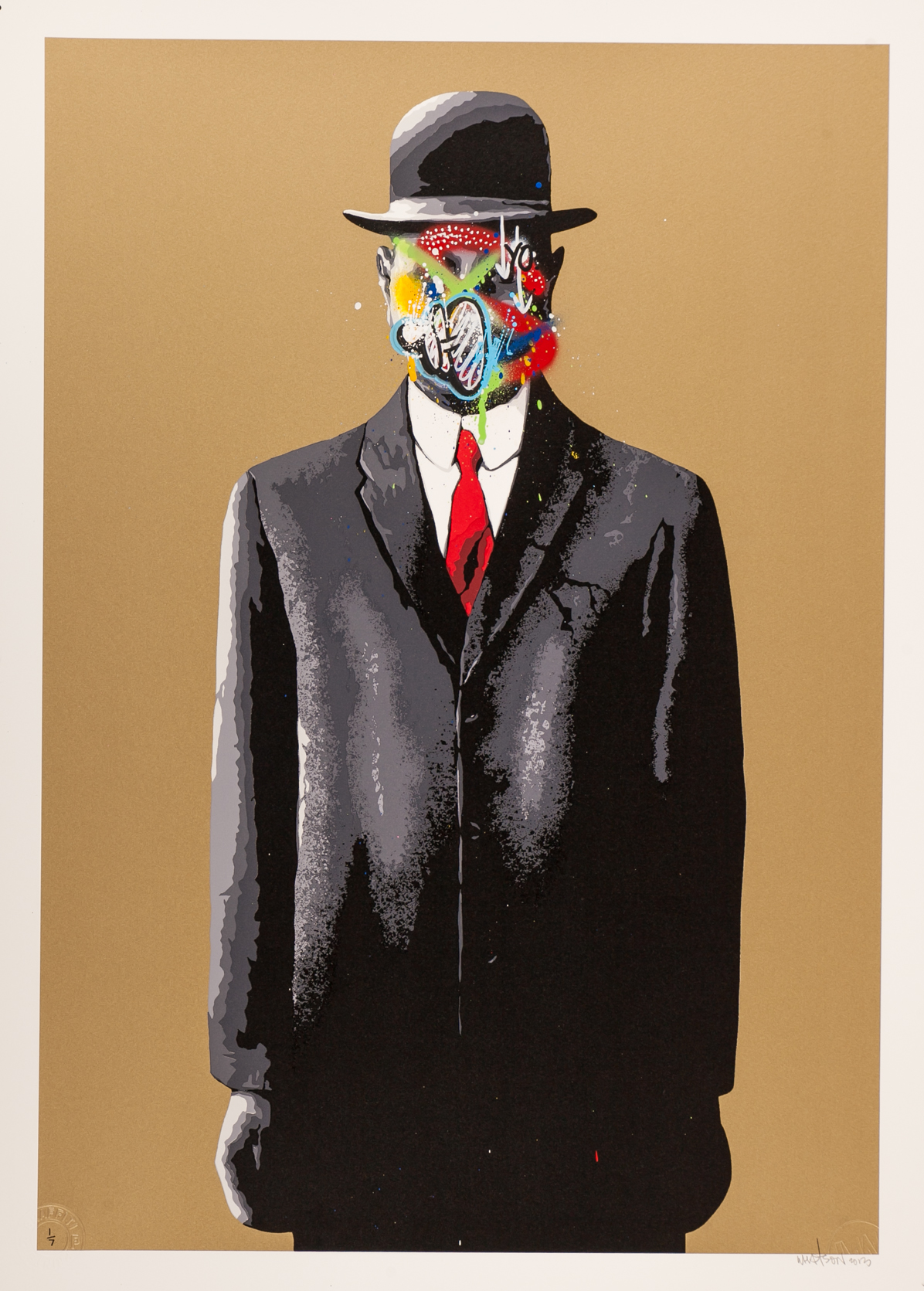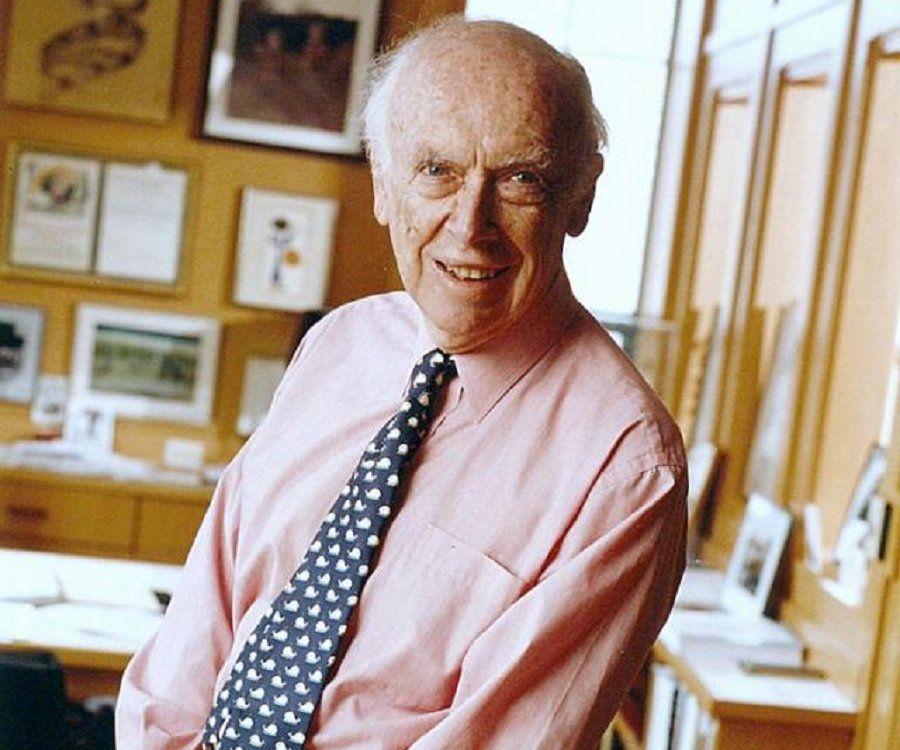

That one person separates me, an African-American computational biologist, from James Watson-Nobel Laureate and mouthpiece of racist opinions-presents a quandary. His comments led Cold Spring Harbor Laboratory, the renowned research institution that Watson has been long associated with, to strip him of his honorary titles. Shortly afterwards, he issued an apology, telling the Associated Press, “There is no scientific basis for such a belief." But earlier this month, he doubled down on this sentiment during the PBS documentary American Masters: Decoding Watson. That year he made comments about, among other things, the dim prospects for the continent of Africa and its descendants, a fate he attributed to inferior intelligence. While Watson has always been a curious character, it wasn’t until 2007 that his personality caught up to his mythology. In effect-through his direct connection to Gottesman and because Watson’s work helped establish my fields of study-James Watson can be considered my academic ancestor. Early in her own career, however, Gottesman was an undergraduate research assistant in the lab of James Watson, the famed co-discoverer of the double-helix structure of DNA. A pioneering microbiologist, Gottesman is best known for her foundational work in bacterial gene regulation. My career began as a research assistant in the laboratory of Susan Gottesman at the National Cancer Institute in Bethesda, MD. Brandon Ogbunu is an assistant professor in the Department of Ecology and Evolutionary Biology at Brown University and a computational biologist interested in disease. This has been corrected, and the name of Maurice Wilkins, who shared the 1962 Nobel prize with Watson and Crick, has been added. Watson helped discover the structure of DNA. This article was amended on 14 January 2019 because an earlier version said James Watson helped discover DNA.

The PBS interview was filmed last summer. The Times reported that Watson’s family said he was unable to respond, having been in medical care since a car accident in October. “The statements he made in the documentary are completely and utterly incompatible with our mission, values, and policies, and require the severing of any remaining vestiges of his involvement,” Simons and Stillman said.

The latest comments “effectively reverse the written apology and retraction Dr Watson made in 2007”, the lab said, adding it appreciated his legacy of scientific discoveries and leadership of the institution but could no longer be associated with him. The Cold Spring Harbor Laboratory said it was revoking Watson’s honorary titles, which include chancellor emeritus, Oliver R Grace professor emeritus, and honorary trustee. In 2007, the lab removed him as chancellor after he told the Sunday Times he was “inherently gloomy about the prospect of Africa” because “all our social policies are based on the fact that their intelligence is the same as ours, whereas all the testing says, not really”. With Francis Crick, Rosalind Franklin and Maurice Wilkins, the scientist was one of the researchers who discovered the double helix structure of DNA in 1953. The laboratory condemns the misuse of science to justify prejudice.” “Dr Watson’s statements are reprehensible, unsupported by science, and in no way represent the views of CSHL, its trustees, faculty, staff, or students. The lab “unequivocally rejects the unsubstantiated and reckless personal opinions Dr James D Watson expressed on the subject of ethnicity and genetics”, its president, Bruce Stillman, and chair of the board of trustees, Marilyn Simons, said in a statement. The Cold Spring Harbor Laboratory said it was revoking all titles and honors conferred on Watson, 90, who led the lab for many years.


 0 kommentar(er)
0 kommentar(er)
